Description
This catalogue contains hundreds of place name policies for Canadian incorporated settlements and can be searched by topic (i.e., Indigenous, women, veteran) or geographical location (i.e., Calgary, London, Sackville), or browsed by province, territory, and so on. The database was created through ongoing research by Dr. Lauren Beck (Mount Allison University), the Centre for Early Modern Visual Culture, and researchers from around Canada.
Learn More »Report: Key Findings and Model Place Name Policy
The naming policies of Canadian settlements vary widely, and some have no rules or procedures governing how and which names are awarded to streets, parks, infrastructure, and geographic features. Others identify priority areas to address identity-related problems and set goals for names that better include marginalized groups. Few naming policies address the underrepresentation of women in existing names or have a plan for future names, choosing to focus instead on Indigenous people and on problematic names. In the balance, many policies contain no such aspiration for inclusion, preferring instead to adhere to naming norms centred on tradition and history, however defined.
No synthesis of existing naming policy has occurred in the provinces and territories, nor at the national level. For the first time, this project gathers policy adopted by thousands of Canadian incorporated settlements and analyses it for identity-related objectives to develop a portrait of Canada’s naming priorities. The project synthesizes data and develops a model policy that those settlements may choose to modify and adopt. The project also generates reports for key constituencies, in addition to scholarly outputs, designed to ensure that the project’s findings have broad impact. Some communities have developed naming tools, from name banks to historical context for existing names, which have been gathered through this process. These tools, along with all data, are housed in an accessible location so that policies can be browsed, searched for keywords or concepts, and researchers can access these naming tools.
Collection as Data (click to download)
Metadata CSV Metadata JSON Subjects JSON Subjects CSV Geodata JSON Locations CSV Locations JSON Facets JSON Source Code
